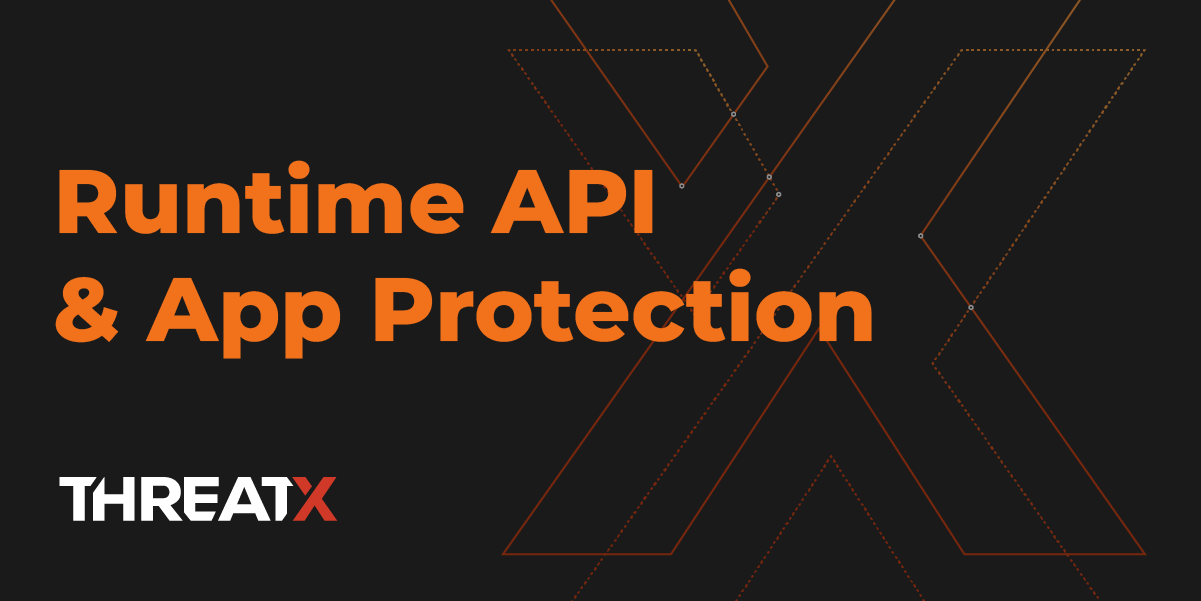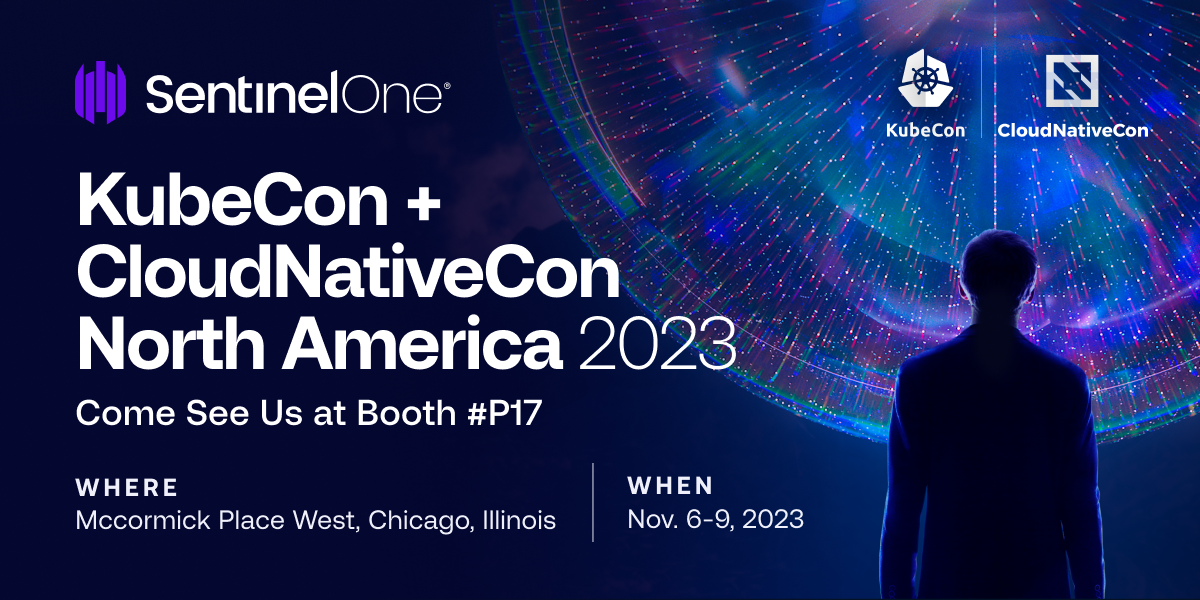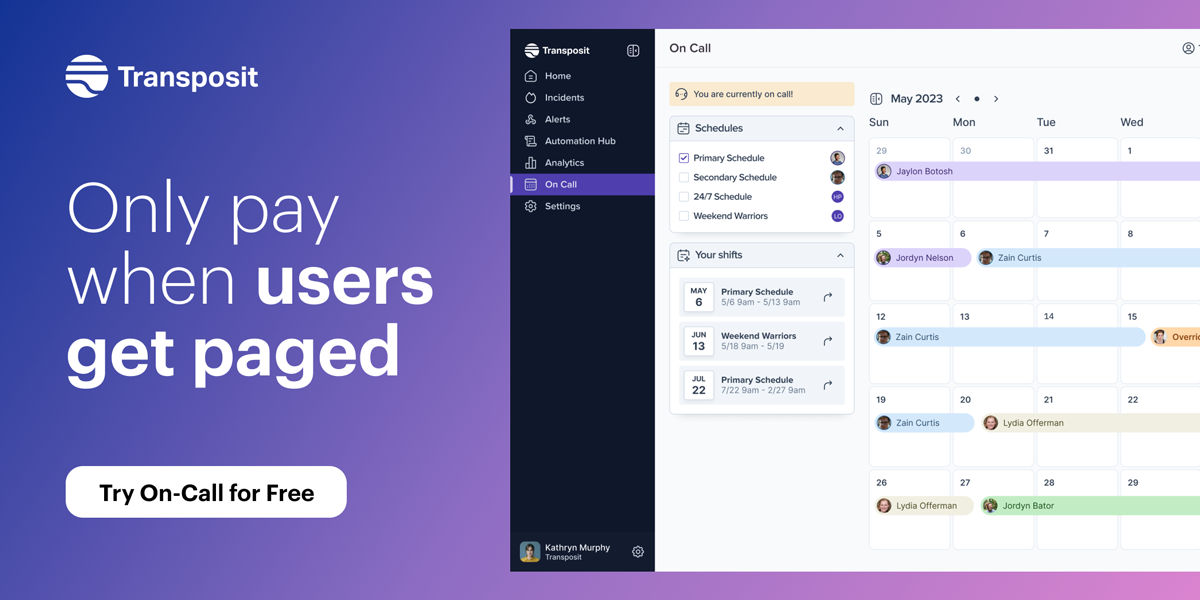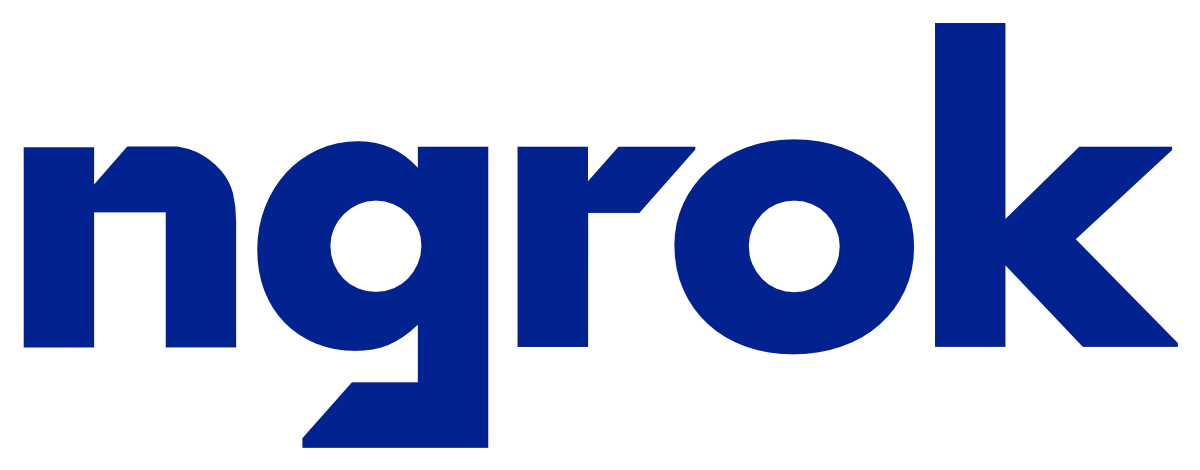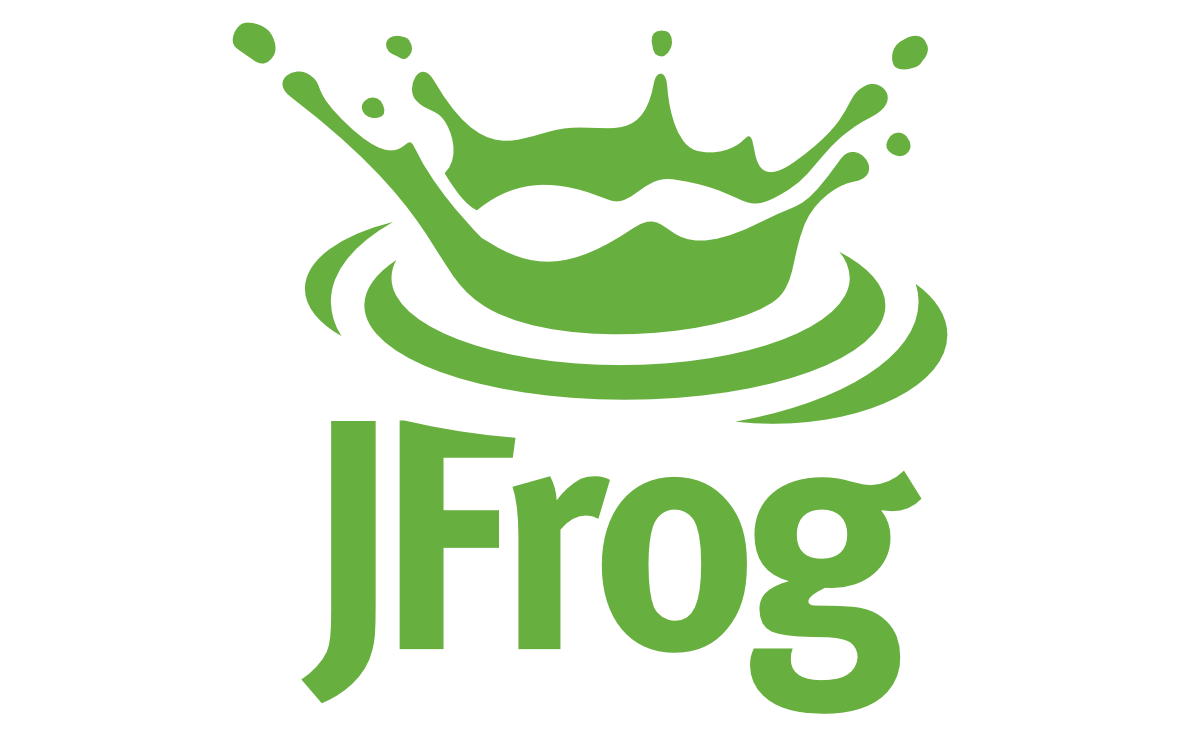VMblog: If you were giving a KubeCon attendee a quick overview of the company, what would you say? How would you describe the company?
Dave Sudia: Ambassador Labs builds Kubernetes -native tools that help developers, and developer teams, be more productive in design, build, test, deploy, and maintain applications in Kubernetes environments.
We long ago understood the intricacies and challenges presented to developers responsible for building apps across Kubernetes. So, we took an early stance in championing the Kubernetes developer experience with the introduction of our Edge Stack API gateway, which stands as the vanguard of secure traffic management and facilitates smoother transitions from design to deployment. Our other core offering, Telepresence, boosts developer team productivity in the cloud and without the headaches of having to learn new technologies. It's the industry's only tool that bridges the gap between local and remote development Kubernetes clusters.
VMblog: How can attendees of the event find you? What do you have planned at your booth this year? What type of things will attendees be able to do at your booth?
Sudia: We'll be in the Expo Hall at booth #O10, talking to attendees to learn about their current Kubernetes developer challenges and deliver product demonstrations so they can see there are tools that can support them wherever they are on their Kubernetes journey. If you can't make us to the booth, tweet us on X at @ambassadorlabs. We want to reach as many developers as possible where they work, which is within their integrated development environment, and we're excited to showcase a number of new integrations for Telepresence, including Telepresence for Docker, Telepresence for Docker Compose and the newly announced Telepresence plugin for JetBrains Marketplace. If you stop by our booth, ask us about the Kuberoke invite-only event happening Tuesday evening after the conference. It's a highly in-demand event, but we can get you on the attendee list!
VMblog: Have you sponsored KubeCon + CloudNativeCon in the past? If so, what is it about this show that keeps you coming back as a sponsor?
Sudia: We are a long-time sponsor of KubeCon in both the US and EU and consider it one of the most significant events for us each year. We gain valuable insights and opportunities to learn from our developer community and the Kubernetes ecosystem. Actively listening in this sort of environment plays a role in our research and development efforts. KubeCon events traditionally also offer the most significant number of Kubernetes specific developers so that we can truly interact with the people we want to reach.
VMblog: What do you attribute to the success and growth of this industry?
Sudia: Kubernetes enterprise adoption has no signs of slowing down and we know it comes with its fair share of challenges. According to a Research and Markets 2022 report, the global Kubernetes market is projected to increase from USD 1.8 billion in 2022 to USD 7.8 billion by 2030. That's a huge market opportunity for tools like ours that address the complexities developers face as they build applications in these environments and that's where we are here to help.
VMblog: Do you have any speaking sessions during the event? If so, can you give us the details?
Sudia: Yes, we do! Catch "EnvoyCon, Using and Integrating with Envoy" (for both cloud native and legacy infrastructures) on Monday November 6, from 2:05 pm - 2:30 pm CST with our software engineer, Alice Wasko. You can also find our Senior SWE, Hamzah Qudsi, speaking on Tuesday, November 7 from 4:30pm- 5:05pm about, "Emissary-Ingress: Self-Service APIs and the Kubernetes Gateway API." Finally, Frank Gu from Voiceflow, one of our customers, presents a case study on Wednesday, November 8 from 5:25 - 6:00 pm CST with "How We Optimized Our Developer Experience with Telepresence."
VMblog: What kind of message will an attendee hear from you this year? What will they take back to help sell their management team and decision makers?
Sudia: We're trying to meet developers where they're at and provide a seamless Kubernetes developer experience. We understand times are tough and budgets may be tighter, so we're pleased to offer the most cost-effective solution for the best value.
Since our CEO, Steve Rodda, joined Ambassador Labs in August 2022, he has prioritized building a leadership team, streamlining the product portfolio - which includes open source and commercial offerings - and reengineering and refocusing product management to address the challenges teams face wherever they are on their Kubernetes development journey. Our goal is a better experience across the board, no matter what level you're at. We've renewed our concentration on our flagship offerings, Edge Stack and Telepresence, and the value they deliver in fueling self-service developer productivity will be evident in the brand work and community work we're doing in the coming months.
VMblog: Can you double click on your company's technologies? And talk about the types of problems you solve for a KubeCon + CloudNativeCon attendee.
Sudia: As services proliferate in a Kubernetes environment, finding information about a service and setting up appropriate development environments becomes increasingly difficult. Our tools improve the understandability of your application, unlocking more opportunities for collaborative development. We know that a top priority that devs are solving revolves around creating an effective local development environment, so our goal is always to get a fast development feedback loop that is as production-like as possible. We know that the quicker a developer can get their local development environment configured, the quicker they can ship code to production.
On the Edge Stack product side specifically, we also help developers solve the problem of managing the ever-growing security sprawl by providing an API Gateway tool that helps with authentication, rate limiting, and WAF for cloud-native development.
VMblog: While thinking about your company's solutions, can you give readers a few examples of how your offerings are unique? What are your differentiators? What sets you apart from the competition?
Sudia: For Telepresence, there are a lot of solutions out there trying to make development faster. We're not the only ones who've recognized that developers face either running 50 containers on their laptop and burning out the fans or waiting 10 minutes to check every change in an integration environment in the cloud. But the other solutions are things like remote dev environments, or ephemeral environments. Basically, trying to recreate a local dev environment in the cloud. That doesn't simplify things; it's more infrastructure, more configuration to manage, more cost, more latency. By connecting your local machine to the integration environment, we simplify things. Less infrastructure, less configuration, less cost and less latency. Telepresence offers the fastest, simplest way to develop an app in a Kubernetes cluster.
I was an end user before I joined Ambassador Labs, and I originally adopted Edge Stack because of the speed and features offered by it using Envoy under the hood, and its resource model; the real revolutionary thing it brought to the ingress ecosystem was role-oriented resources: Hosts and TLS config are managed by platform teams, WAF by the security team, and Mappings (routes) by devs. That concept has now been adopted by the Kubernetes Gateway API that is announcing General Availability at this KubeCon! Speaking of which, the upcoming Edge Stack 4 is based on Envoy Gateway, which implements the Gateway API. I love how involved we are with CNCF and contributing to the open source community.
VMblog: KubeCon + CloudNativeCon is typically a great venue for a company to launch a new product or an update to an existing product. Will your company be announcing anything new? If so, can you give us a sneak preview?
Sudia: We recently unveiled our new Developer plan for Telepresence, offering users a much more cost-friendly solution that caters to the smaller teams and individual developers. We're also very excited about our new Telepresence integration plugin for the JetBrains Marketplace which will provide users seamless integration right from your favorite IDE.
VMblog: With regard to containers and Kubernetes, is there anything holding it back from a wider distribution? If so, what is it? And how do we overcome it?
Sudia: Let's acknowledge that even as cloud native adoption is growing quickly, the world still runs on Java in data centers. Heck, the world still runs on enough COBOL that IBM still offers virtualized versions of their mainframes! But the way forward is for the big companies running that code to be able to adopt new technologies in small bursts, one team, or a few teams, at a time. Then let those initial experiments grow until they are the new standard. And that's happening! We're in the early to middle stages of mass adoption of cloud native by banks, Fortune 100s, etc. We need to provide tools that support those small bursts that can grow into wide deployments, and that are easy to adopt by all developers, not just the early adopters and experts who show up at KubeCon.
VMblog: Are companies going all in for the cloud? Or do you see a return back to on-premises? Are there roadblocks in place keeping companies from going all cloud?
Sudia: The great part about "cloud native" is that the cloud doesn't have to be someone else's computer. I believe companies are going all in on cloud native, but many are doing so in their own data centers, they're just using CNCF technologies to enable that. The quality and speed advantages of going cloud native are undeniable, but for many companies it makes sense to run the hardware themselves and have their own cloud. That's why you've seen the big platforms like AWS, GCP and Azure increasingly build and push hybrid offerings in the last few years.
VMblog: The keynote stage will be covering a number of big topics, but what big changes or trends does your company see taking shape as we head into 2024?
Sudia: If I had to pick one word, it's sustainability. But that one word is deceptively deep. There's environmental sustainability, and one of the biggest ways we can have an impact on that in our industry is to pick efficient tools. Tools like Edge Stack that are written in fast, low-resource languages like Go and C++, that allow you to use smaller servers for the same performance. Tools like Telepresence that let you cut whole environments worth of servers and minimize your footprint.
There's also project sustainability. Can you trust that the tools you use will stick around, and be well stewarded? One of the keynotes this year is about Kubernetes in its second decade, the challenges it has faced in staying on course, and how the governance will improve in the future. We know these challenges well, and it's why we're in the middle of trying to move Telepresence from the CNCF Sandbox phase to the Incubation phase. It's also why we're investing heavily in Envoy Gateway, part of an already graduated and well-maintained and governed project.
VMblog: Are you giving away any prizes at your booth or participating in any prize giveaways?
Sudia: We have some stellar swag, but the real prize is an invite to our invite-only event, Kuberoke. Back by popular demand, only us and a couple of other sponsors have the ability to invite key folks to the event on Tuesday night from 9pm - 1am at Chicago's premier Karaoke bar, Brando's Speakeasy.
VMblog: Do you have any advice for attendees of the show?
Sudia: From my personal experience and attending years of KubeCons, I'd advise attendees to really absorb it all. Learn all you can, there are some of the brightest minds and most intelligent people coming to this conference. You're never too old to stop learning!
